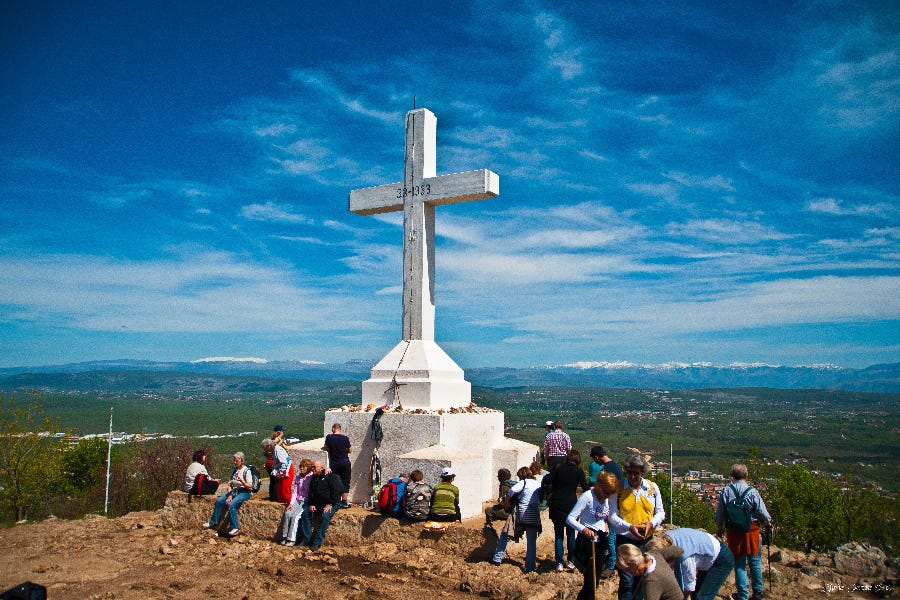Why is the Vatican holding a press conference on Medjugorje?
Cardinal Víctor Manuel Fernández is due to address 'the spiritual experience of Medjugorje' this week
The Vatican sent a frisson through the Catholic world Monday, when it announced a press conference “on the spiritual experience of Medjugorje,” a thriving shrine in Bosnia and Herzegovina associated with alleged Marian apparitions.

